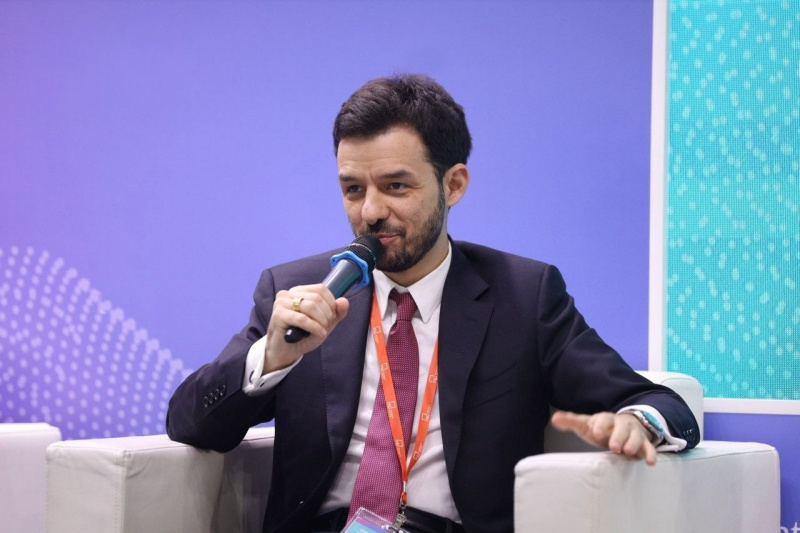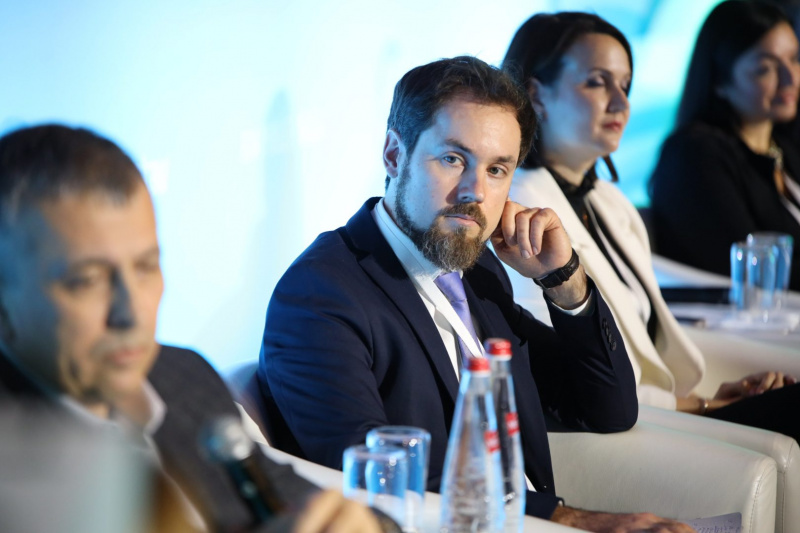
Vaccine as an investment: how the state should protect the population from infectious diseases

Despite the significant advances in vaccine prevention, infectious diseases are still one of the major threats to national security. The events of recent years have forced us to take a fresh look at the immunobiological state security and recall that a vaccination remains the most effective method of fighting deadly infections. The main issues and tasks in the production development of immunobiological drugs were discussed at the All-Russian Patient Congress on November 24 in Moscow[1].
As mentioned by the experts, the key obstacles to the optimal functioning of the preventive immunization state system are the lack of specialized personnel in healthcare, and the critical attitude of the population to vaccines, as well as the lack of state guarantees for manufacturers.
According to Yan Vlasov, chairman of the Public Council for the Patients’ Rights Protection, co-chairman of the All-Russian Patient Union, less than half of the public health system is provided with epidemiologists. As a result, the doctors of other specialties without expertise are forced to advise patients on preventive vaccination issues that can reduce the public confidence level in vaccinations.
The experts admitted that the main issue is underfunding of the National vaccination schedule. Budgeting approach does not reflect the complexity and cost of the production processes for such a complex product class as vaccines.
«In modern society, a preventive vaccination is treated as a strategic investment in people’s health and active longevity. This is an effective prospect of the healthcare development preventive model ensuring the nation’s well-being, a way to combat antibiotic resistance and, finally, a tool for the demographic policy within the framework of the national security,» explained Roman Polibin, chief external epidemiologist of the Ministry of Health of the Russian Federation, deputy director for research at the F.F. Erisman Institute of Public Health, I.M. Sechenov First Moscow State Medical University of the Ministry of Health of the Russian Federation.
Viktor Cherepov, vice-president for social policy and labor relations of the Russian Union of Industrialists and Entrepreneurs (RSPP), chairman of the RSPP Commission on the health industry, agrees with him. Viktor Cherepov points out that one million of people vaccinated against any infectious diseases yields about USD 9 billion savings for the state[2].
Mikhail Grubman, managing director of Petrovax biotechnology business, noted that despite export plans, domestic manufacturers primarily focus on the Russian market and the Russian consumer, and the main investments are made in Russia. However, to provide the immune safety of the population, business efforts alone are insufficient: state concern and commitment to provide Russian manufacturers with comfortable terms for effective and safe drug production are required. Also, the pricing approaches play an important role herein.
Nowadays, vaccine purchasing cost within the National vaccination schedule is often lower than the cost of consumables required for vaccine production. However, this does not affect the vaccines quality and efficacy in any way. Thus, Prevenar® 13 vaccine being produced by Petrovax according to the full cycle of the finished dosage form (FDF) in accordance with international requirements, meets more than 3,500 quality controls over the entire life cycle. Nevertheless, comparing the vaccine cost with the one in other states, it turns out that the Russian vaccine is the cheapest.
«Being manufacturers, we are trying to work taking into account an import independence and not only import substitution. But we also should not forget about the patient-centered approach. It is critically important that the vaccine has an epidemiological efficacy and a proficient usage experience, especially when we are talking about the vaccination of young children. And yet, it seems that there is no difference in what form the drug will be produced. And we think that it is of great importance [for patients]. It is necessary to introduce the most convenient and modern technologies in the state. First, it facilitates the doctor’s work; second, it increases patient compliance in the broad sense; and, third, it increases confidence in vaccination in general,» he concluded.
According to the speaker, domestic manufacturers are ready for a productive dialogue to establish a long-term partnership with the state for the benefit of the population.
1-2XIII All-Russian Patient Congress. Round table discussion No. 31 "Main issues and tasks in the production development of immunobiological drugs":
Igor Borisenko: "A turbulent period has come, but pharmaceutical companies are adapting quickly"


